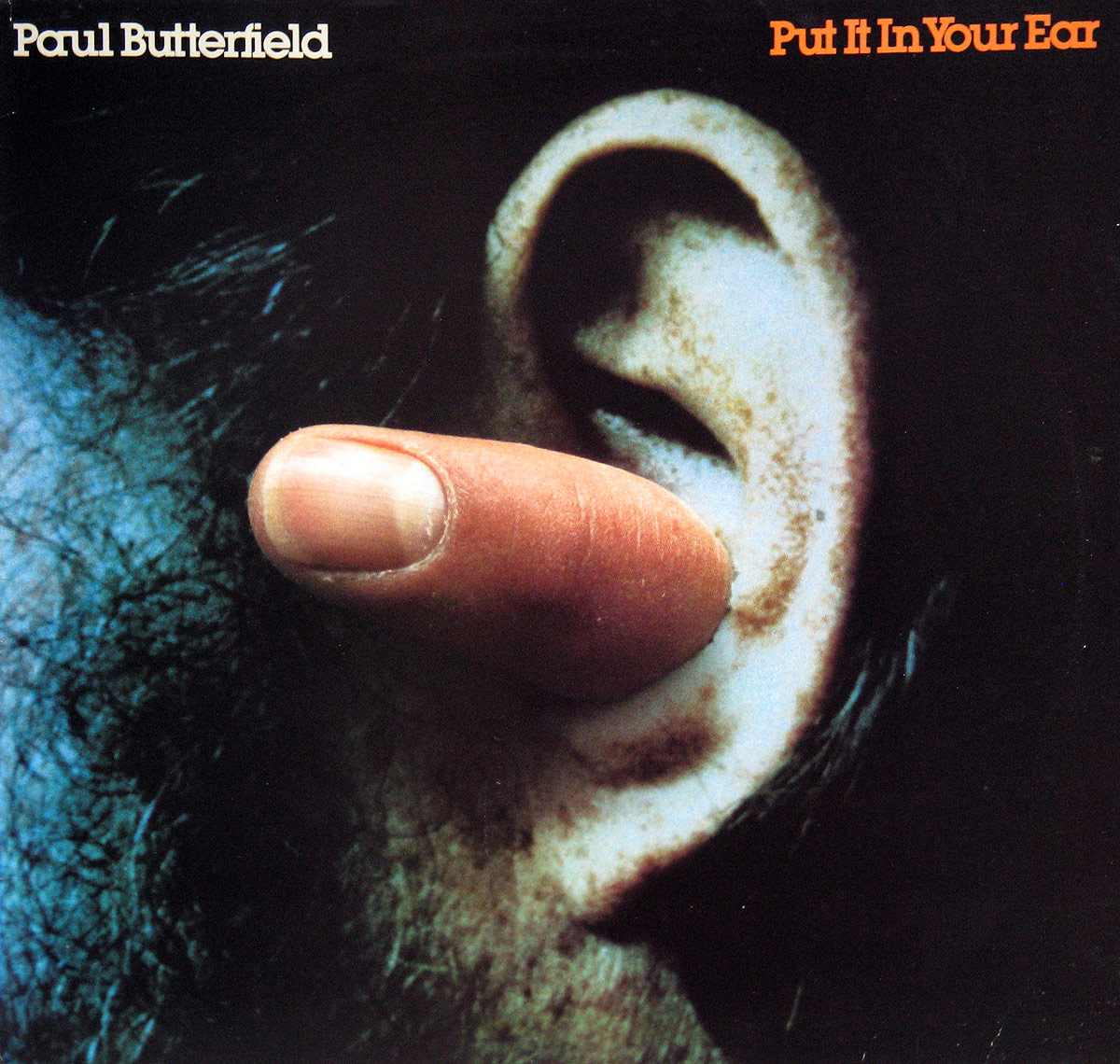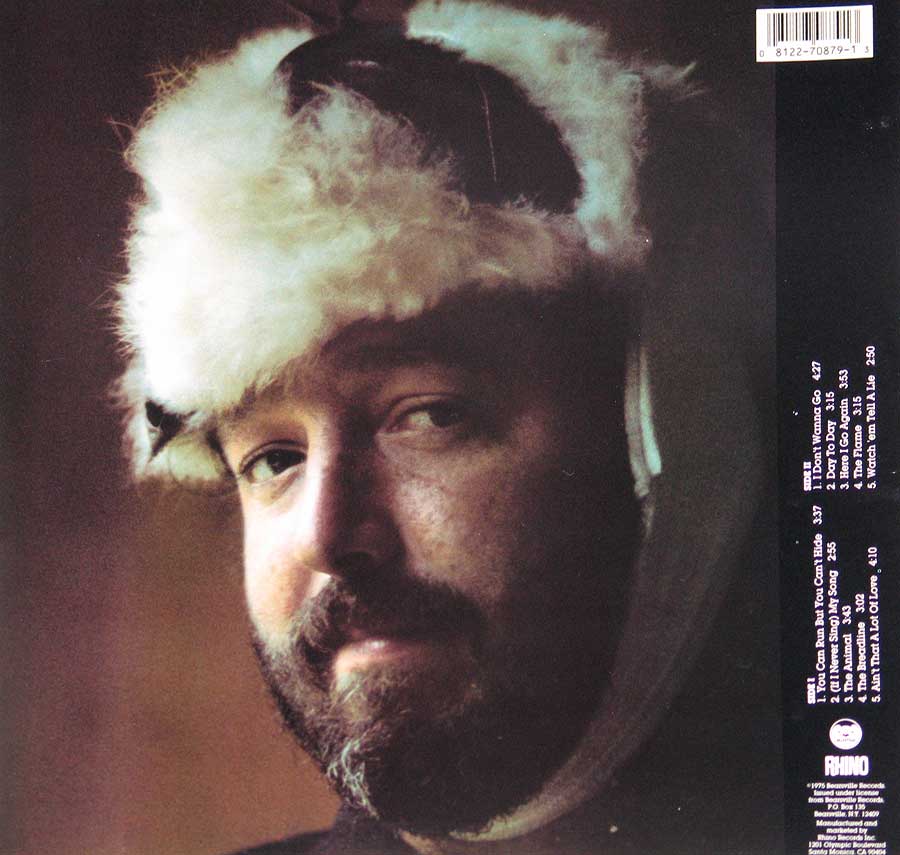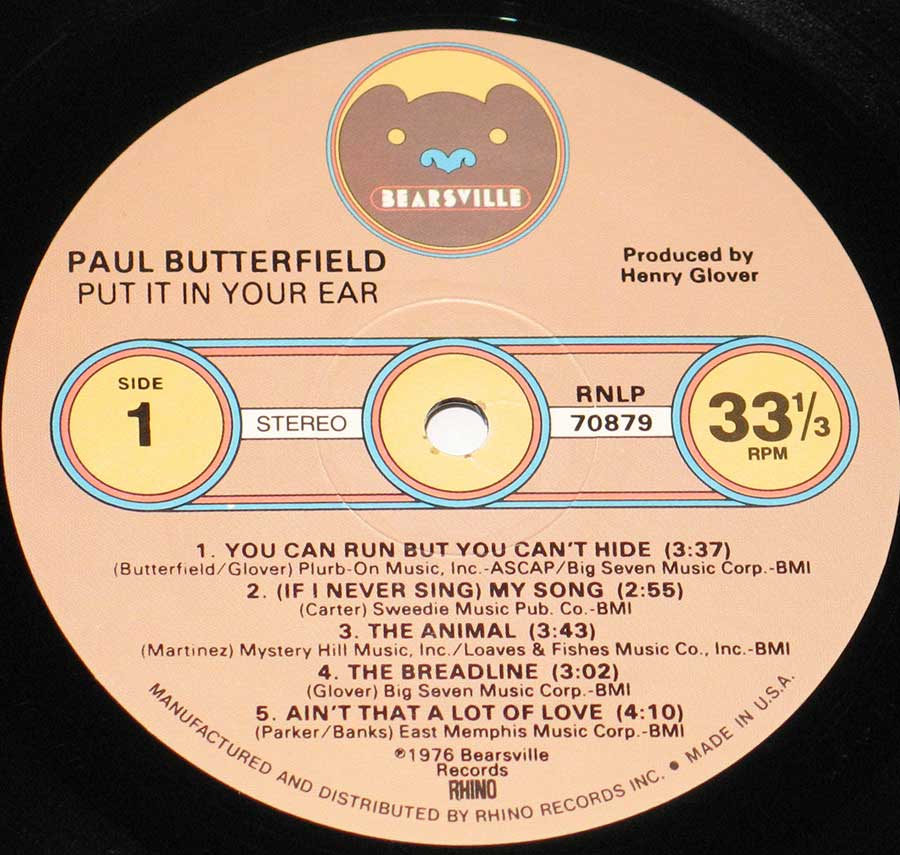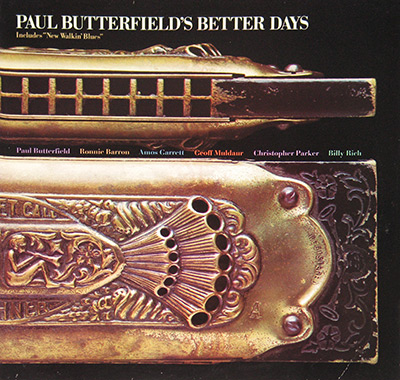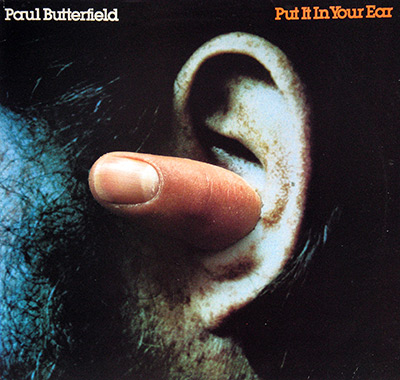PAUL BUTTERFIELD Biography of Paul Butterfield: American Blues Harmonica Player and Singer
Early Life and Musical Beginnings
Paul Butterfield was born on December 17, 1942, in Chicago, Illinois. Raised in the Hyde Park neighborhood, Butterfield was exposed to a rich variety of musical genres from a young age. His interest in music began with classical flute lessons, but he soon found his true calling in blues harmonica. Butterfield was heavily influenced by the Chicago blues scene, particularly by artists like Muddy Waters and Howlin' Wolf.
Formation of the Paul Butterfield Blues Band
In the early 1960s, Butterfield formed the Paul Butterfield Blues Band with guitarist Elvin Bishop. The band quickly gained a reputation for their energetic live performances and innovative sound, which blended electric Chicago blues with rock and roll. Their self-titled debut album, released in 1965, was a critical and commercial success. Notable tracks like "Born in Chicago" and "Blues with a Feeling" showcased Butterfield's raw harmonica skills and soulful vocals.
Success and Influence
The Paul Butterfield Blues Band's second album,
"East-West"
(1966), further cemented their status as pioneers of blues-rock. The album featured the groundbreaking title track, an instrumental piece that incorporated elements of jazz, Indian raga, and psychedelia. This experimental approach influenced many contemporary musicians and helped bridge the gap between blues and rock.
Throughout the late 1960s, the band performed at major music festivals, including the Monterey Pop Festival and Woodstock, bringing blues to a wider audience. Butterfield's collaborations with other legendary musicians, such as Mike Bloomfield and Al Kooper, also contributed to his growing influence in the music world.
The 1970s: A Period of Transition
The 1970s marked a period of transition for Butterfield and his musical career. In 1971, he formed a new band, Paul Butterfield's Better Days , featuring guitarist Amos Garrett, pianist Ronnie Barron, and saxophonist David Sanborn. This group leaned more towards a rootsy, Americana sound compared to the electric blues of the original Blues Band. They released two albums, "Better Days" (1972) and "It All Comes Back" (1973), both of which received positive reviews but did not achieve the same level of commercial success as Butterfield's earlier work.
Collaborations and Guest Appearances
During the late 1970s and early 1980s, Butterfield continued to perform and record, often as a guest artist. He collaborated with a wide range of musicians, including Muddy Waters, Bonnie Raitt, and The Band. His appearance at The Last Waltz concert in 1976, organized by The Band, was particularly memorable. Butterfield's harmonica solo on "Mystery Train" was a highlight of the evening and showcased his enduring talent and versatility.
Later Years and Legacy
In the early 1980s, Butterfield faced health challenges, including a battle with peritonitis. Despite these difficulties, he continued to perform and record, releasing the album "North-South" in 1981. This period also saw him exploring new musical territories, incorporating elements of jazz and funk into his blues-based sound.
Tragically, Paul Butterfield passed away on May 4, 1987, at the age of 44. His death marked the end of an era for blues music, but his influence lives on. Butterfield's pioneering work in the 1960s and 1970s helped to bring blues music to a broader audience and inspired countless musicians. He was posthumously inducted into the Rock and Roll Hall of Fame in 2015, a testament to his enduring impact on the music world.
